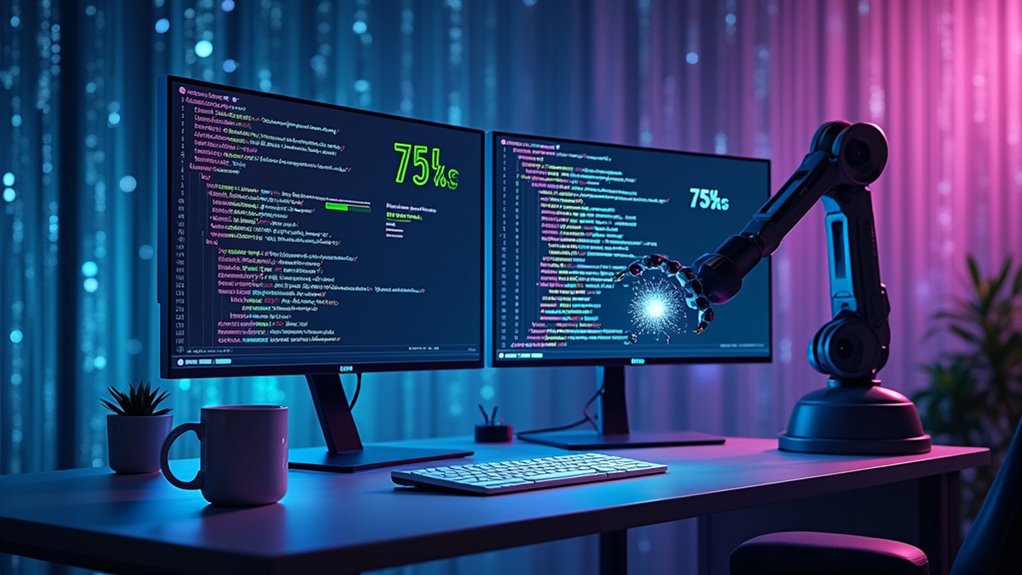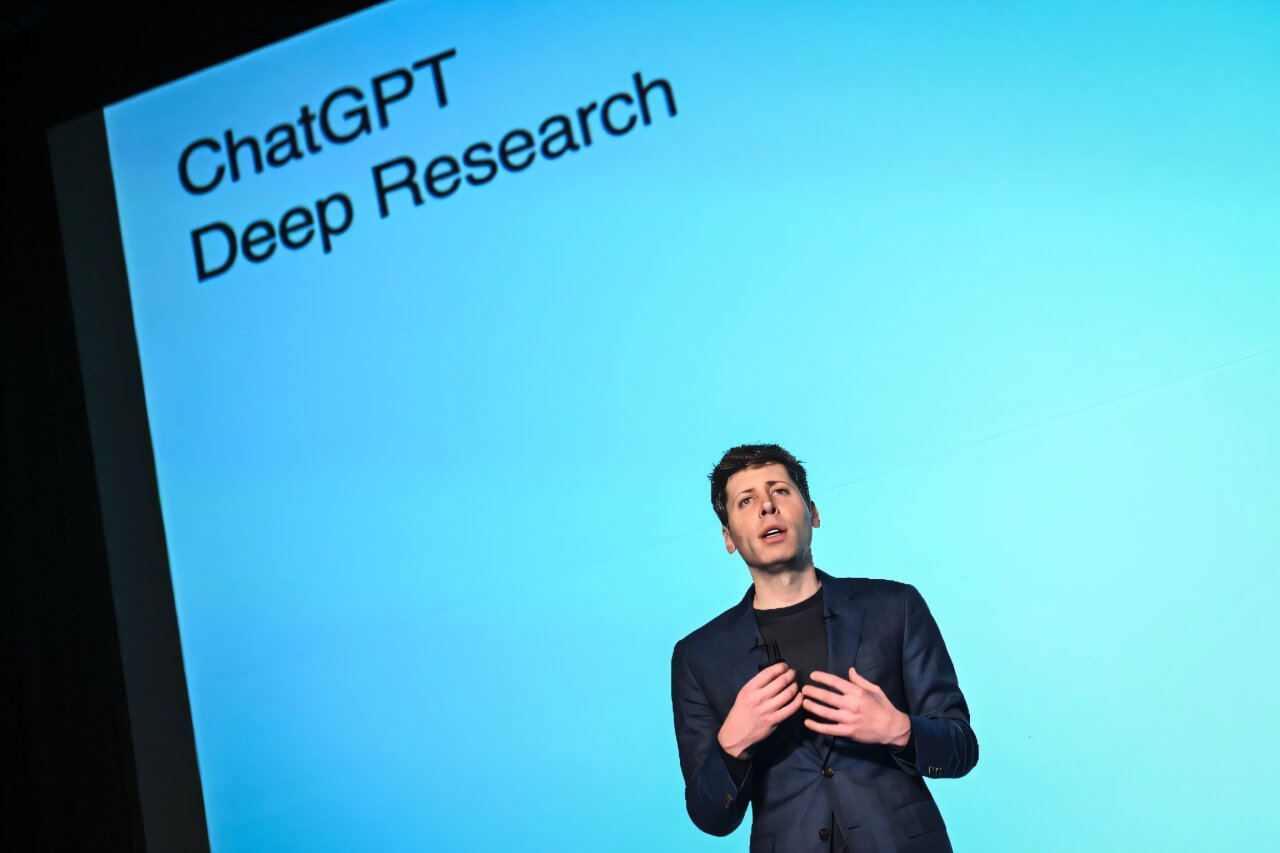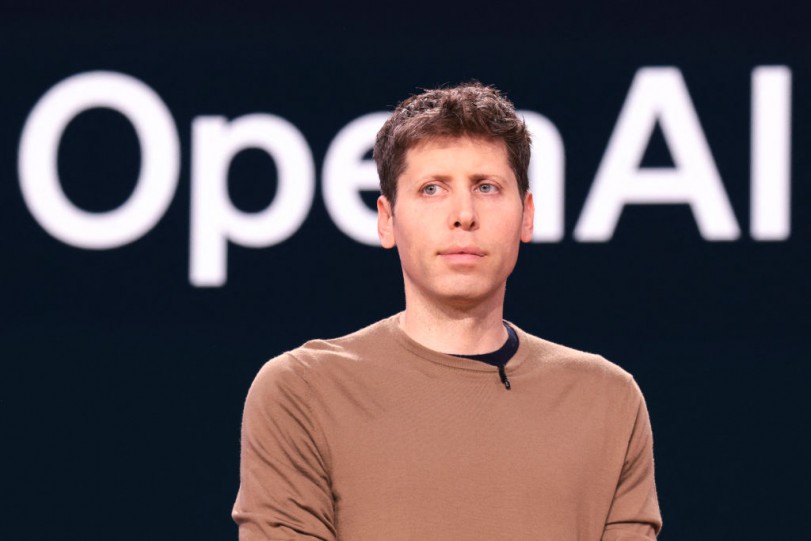OpenAI’s Codex is quietly revolutionizing development with its 75% accuracy rate—5% higher than human counterparts. It codes tirelessly through those mind-numbing late-night sessions when your brain has fundamentally left the building. While developers debate its impact, businesses are already celebrating 45% profit increases. The AI assistant transforms from glorified autocomplete to autonomous programmer, excelling in Python and other languages. And yes, your future coding career might just depend on befriending this digital overachiever.
Striding boldly into the coding arena, OpenAI’s Codex is redefining the relationship between developers and their digital assistants. Powered by the specialized codex-1 model and trained on billions of lines of code across multiple languages, this AI doesn’t just suggest—it creates, refines, and executes. Think of it as the coding equivalent of that friend who not only finishes your sentences but writes your entire essay while you grab coffee.
With a 75% accuracy rate that trumps its predecessors by 5%, Codex is no slouch in the performance department. Remember the first-generation reasoning model that scored a measly 11%? Yeah, that’s ancient history now. Codex autonomously fixes bugs and implements features while you’re busy explaining to stakeholders why the project is *definitely* on schedule this time.
Gone are the days of 11% success rates—Codex delivers 75% accuracy while you perfect the art of deadline negotiation.
The collaboration dance between human and machine is evolving faster than fashion trends in the 90s. Developers now work in real-time with their AI partner or simply delegate tasks asynchronously—perfect for those 3 AM moments when inspiration strikes but motivation doesn’t. The days of grinding through routine maintenance code might soon be as obsolete as floppy disks. The introduction of Agent-native software development marks a significant shift from viewing AI as merely an auto-complete tool to a fully autonomous programmer. With adoption accelerating rapidly, businesses are seeing profit increases of up to 45% by integrating AI solutions like Codex into their development workflows.
Codex integrates seamlessly with GitHub and other development tools, transforming the ecosystem into a productivity playground. Assign tasks through ChatGPT Desktop or your favorite issue tracker, then watch as your silicon sidekick handles the heavy lifting in its isolated virtual environment. Particularly impressive is its capability to support over a dozen programming languages while functioning most effectively in Python. No coffee breaks, no complaints about the office temperature—just pure coding efficiency.
Of course, there’s a catch (isn’t there always?). Developers who excel at articulating requirements will thrive in this new world, while others might struggle to guide their digital apprentice effectively. The skill premium is shifting from typing speed to oversight quality and review precision.
As development teams shrink and accomplish more, one thing becomes clear: the future belongs to those who learn to dance with their AI partners rather than compete against them. And let’s be honest—Codex doesn’t need that fourth cup of coffee to function on Monday mornings.









